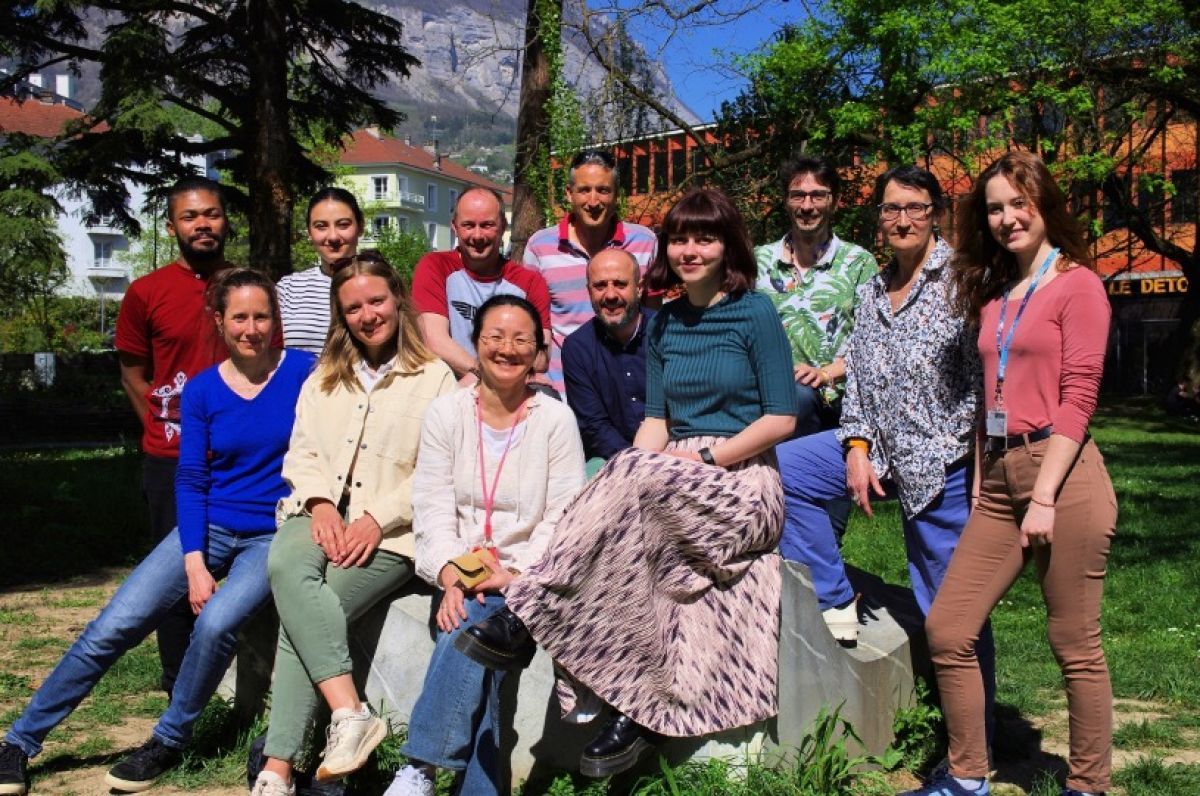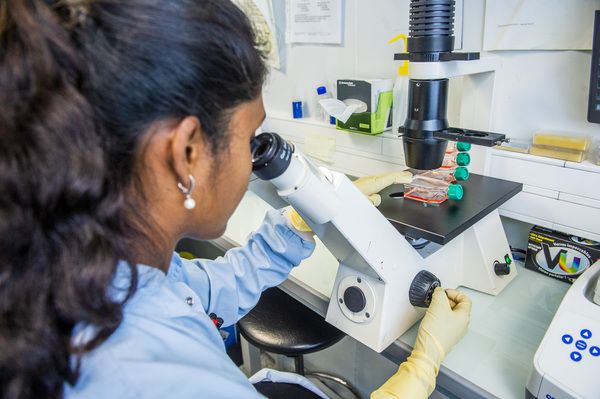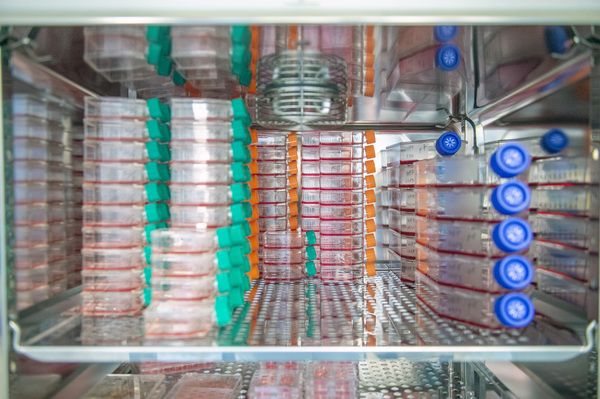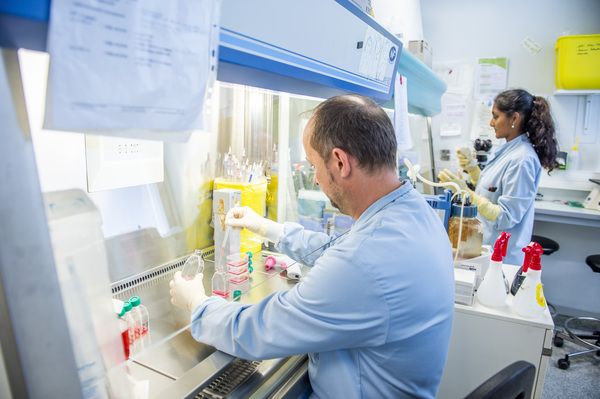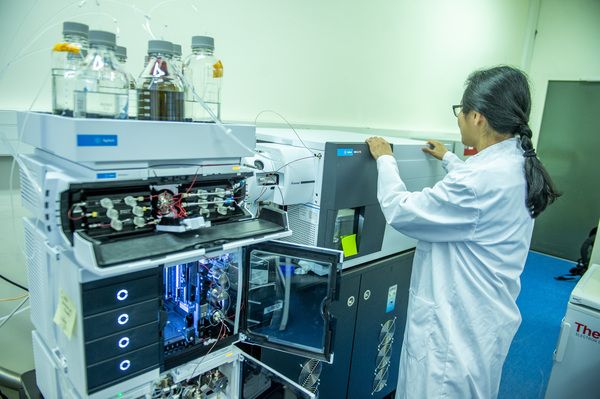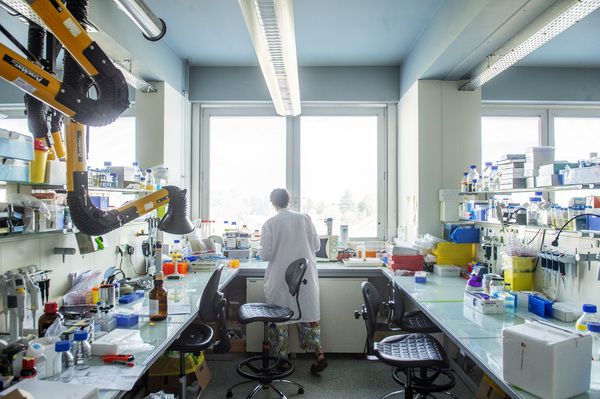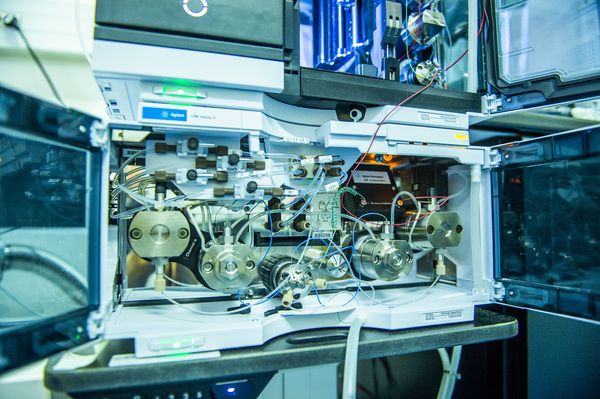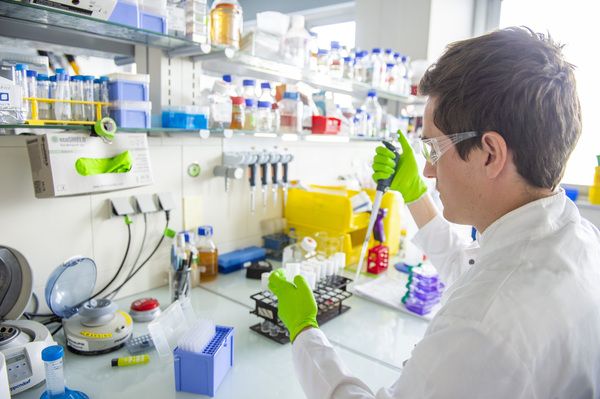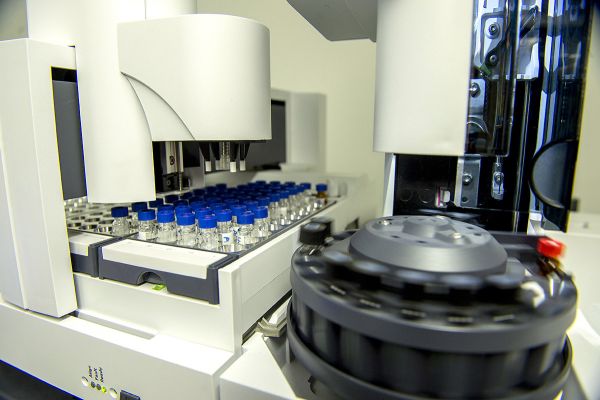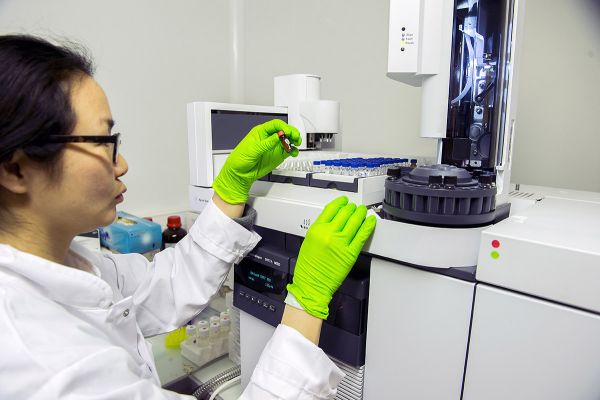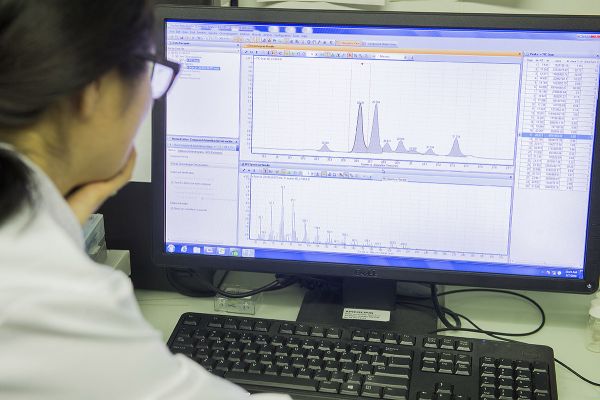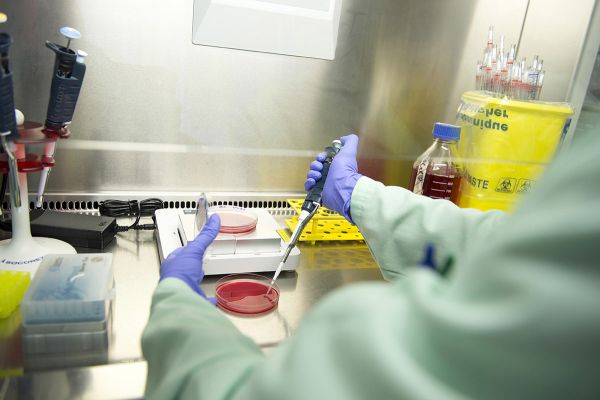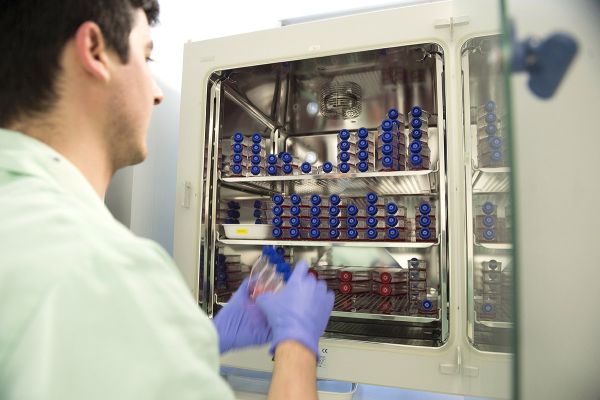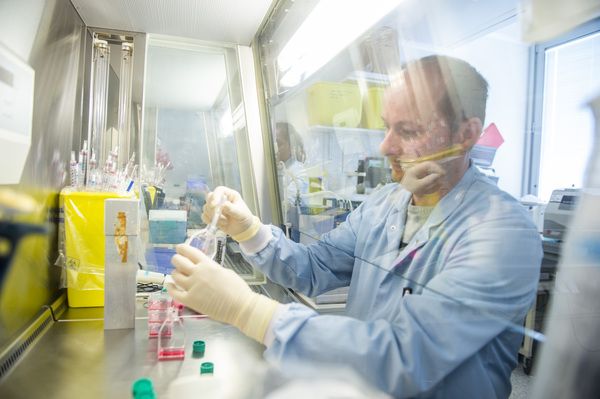Team
Apicolipid
Dpt: Environnement, Reproduction, Infections, Cancer
Our research activities
Our team focuses on understanding the metabolic interactions between infectious pathogens and their human hosts. We have a particular interest in determining how Apicomplexan parasites acquire lipids and nutrient essential for their propagation and survival within their host cells. Our growing expertise in lipid synthesis, membrane biogenesis, sustained by state-of-the-art lipidomics & metabolomics allowed us to expand our original interests and boundaries. We thus extended our initial focus on the lipid metabolism of a larger panel of pathogens-causing diseases, as well as general metabolic disorders
Apicomplexa are unicellular eukaryotes and pathogenic agents responsible for major human diseases such as Toxoplasmosis, major chronic disease affecting ~1/3 of the world population and a lethal threat to immunocompromised patients, and (ii) malaria affecting 250 millions people/year, killing ~1/2million/year, mainly children. The renewal of our therapeutic arsenal needed for the eradication of these diseases depends on deciphering metabolic pathways that sustain parasite survival within the host and its environment.
Current evidences all point at lipid synthesis and membrane biogenesis as crucial pathways for parasite intracellular development.
Major biological questions remain and focus our current attention (i) how are lipids acquired, remodelled and trafficked from the host cell to the parasite and between parasite intracellular compartments? (ii) what is the input of scavenged vs de novo synthezised lipids? (iii) what are the mechanisms of lipid fluxing and trafficking from these two pathways? (iv) how does parasites sense and regulate these pathways to adapt to physiological changes of host nutritional and environmental conditions? (v) what are the parasite lipid signals required for intracellular development?
Our laboratory have set up major facilities and equipements that includes a P3* cell culture facility (MESRI-HCB), and a fully independent lipidomic-fluxomic platform encompassed within our P3* (http://gemeli-uga.fr/GEMELI.html), both parts of the core facilities of our Institution at the Université Grenoble Alpes. Our robust expertise and facilities thus allow us to conduct large metabolomics and lipidomics analyses beyond our central scope, on infectious diseases and other models, to determine metabolic signatures or monitoring metabolite fluxes. We currently lead major collaborative projects with national and international partners , notably through CNRS and INSERM IRP (IRP CNRS 2023/IRP INSERM 2024 University Melbourne/WEHI, CEFIPRA ICGEB New Dehli…).
Our research axes
How do the parasites orchestrate nutrient acquisition in regards to the physiological environments of the host and the capacity of the parasite to sense and rewire its metabolic programs upon the host nutrient content.
How can the parasites have access to-, acquire, traffic lipid, and maintains lipid homeostasis through the establishment of membrane contact sites and lipid transfer proteins at the interface between the host and the parasite, as well as between the parasite’s organelles.
How can Apicomplexa parasites (Toxoplasma, Plasmodium), and their closely relatives infectious unicellular parasites from the Trypanosomid family (Trypanosoma, Leishmania, also responsible for major human diseases), generate and mobilise lipid storages called lipid droplets (LD) to maintain active metabolism, parasite propagation and survival? In this research axis, we thus focus on understanding how intracellular parasite generate the lipid content of LDs, traffics and mobilise them.
The development of our expertise in lipid metabolism, membrane biogenesis, and more largely on metabolism allows us to expand our interests beyond parasites and infectious agents, and study the metabolism in other diseases (cancer, treatments, metabolic signatures…), and address global metabolic questions in most health-related topics.
Our major publications
See all publicationsOur activities in pictures
Our collaborations
- • Prof Geoff McFadden, University of Melbourne (IRP/LIA CNRS 2022, INSERM 2024)
- Prof Malcolm McConville, University of Melbourne (IRP/LIA 2022, INSERM 2024)
- Dr Asif Mohmmed, ICGEB New Delhi (CEFIPRA collaboration, IRP CNRS 2025)
- • Prof Pawan Malhotra, ICGEB New Delhi (CEFIPRA collaboration, IRP CNRS 2025)
- • Dr Jeroen Saeij, UC Davis, USA (Collaboration ANR)
- • Dr Sebastien Besteiro, LPHI Université Montpellier (Collaboration ANR)
- • Dr Francesca Giordano, I2BC Saclay (Collaboration ANR)
- • Prof Oliver Nüsse/Dr Marie Érard, I2BC Paris Saclay (Collaboration ANR)
- • Prof Pushkar Sharma, National Institute of Immunology, New Delhi (Collaboration IRP CNRS 2025 India)
- • Dr Loïc Rivière UMR5234 Université Bordeaux (Collaboration ANR)
- • Dr Catherine Lavazec, Institut Cochin, Paris (Collaboration ANR)
- • Dr Gearld Spaeth, Pasteur Paris
- • Dr Laurence Berry, LPHI Université Montpellier
- • Dr Chris Tonkin, WEHI Melbourne
- • Dr Jan Janouskovec, Institute of Microbiology of the Czech Academy of Sciences
- • Dr Eric Maréchal, Dr Juliette Jouhet, LPCV CEA Grenoble
- • Dr Amato, Alberto, Dr Morgane Michaud, LPVC, CEA Grenoble
Our technologies
- • Lipidomics (Targeted and untargeted), GCMS Agilent 7890B; LCMSMS QQQ Agilent 6495c
- Fluxomics : Stable isotope labelling coupled to lipidomics/metabolomics to monitor measure metabolic fluxes
- • Metabolomics (Targeted and untargeted)
- • Lipid biochemistry (TLC, separations…)
- • Infectious Cell Culture (L2, L3*, Plasmodium falciparum, Toxoplasma gondii, infectious agents, human cells, cancer cells…)
- • Molecular biology (CrispR-Cas9, inducible KO and KD, endogenous tagging…)
- • Cellular Biology (fluorescent microscopy: epi-, confocal-, fluorescent lipid fluxes, TurboID, Highthrouput image analyses, 3D renderings…)
